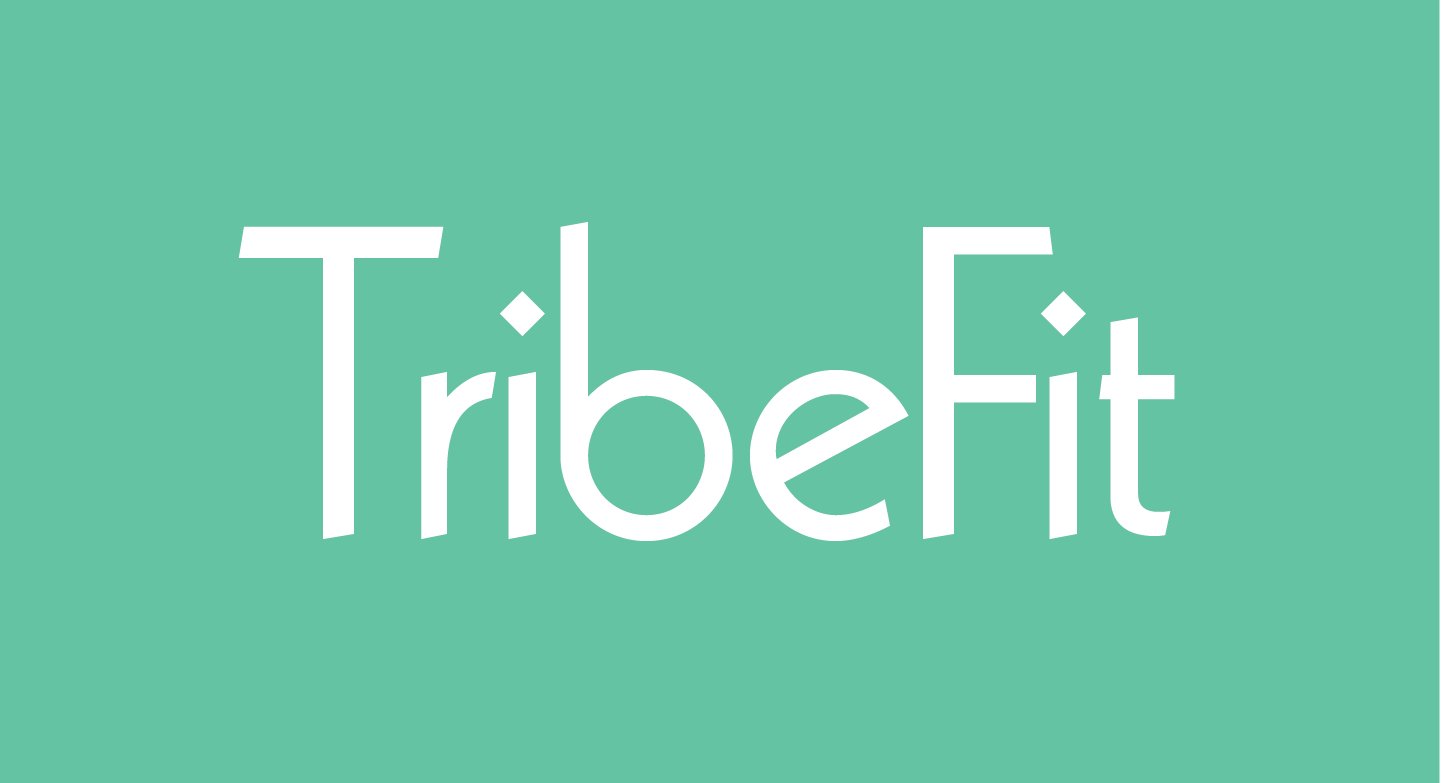Online Trainers What Do You Say When A Prospect Asks "What’s your cost?"
How to Handle the “What’s the Price?” Objection (and Close More Fitness Clients)
In today’s video, we’re tackling one of the most common objections that kills online fitness sales before they even start — the dreaded question:
“So, what’s the cost?”
Most coaches panic when they hear that. They think they’re bad at sales or that the prospect isn’t serious. But the truth is simple — if you learn how to handle this question correctly, you’ll turn hesitant prospects into paying clients faster than ever.
Step 1: Understand Why Prospects Ask About Price
When a prospect asks, “What’s the price?” right away, it’s not because they’re cheap — it’s because they don’t know what else to ask.
If you’re not leading the conversation, you leave gaps (“oxygen”) for them to fill. And since they don’t yet understand what you do, the only question they can think of is about cost.
👉 Your job as a coach is to lead the conversation.
From the very first chat, position yourself as the expert and guide. That’s where coaching truly begins — not after they’ve paid, but from the first interaction.
Step 2: Always Take Back Control
If a prospect asks about price, you can answer briefly, but then take back control of the discussion.
For example:
“That’s a good question — I do have a few different ways of working with clients. But before I give you an exact figure, would it be okay if I ask you a few questions first to understand your goals and needs better?”
This instantly shifts the dynamic — you’re now the leader in the conversation again. It builds trust and positions you as the professional who knows what’s best for them.
Step 3: Never Prescribe Before You Diagnose
Think of yourself like a doctor. A doctor doesn’t prescribe medication without understanding symptoms.
Similarly, you shouldn’t give a price before discovering what your client needs.
Ask questions like:
What have you tried before?
What hasn’t worked for you?
What are your current goals?
What kind of support do you need most?
Once you’ve discovered their challenges and goals, you can prescribe the right solution — your coaching program — and attach a price that makes sense for their transformation.
Step 4: Anchor the Price to Value
If you throw out a random number too soon, prospects will anchor that price to nothing — maybe their bad experience with a cheap trainer five years ago.
But when the price comes after a clear discovery and value explanation, it’s anchored to something real:
Their pain points
Their desired results
Your expertise and proven system
That’s when prospects start saying,
“Wow, for everything I get, that’s actually really reasonable. How do I start?”
Step 5: Use Scripts as Support, Not Crutches
Scripts are tools — not shackles.
Keep one handy as a safety net in case you lose your train of thought. Use it to guide your discovery process, not to sound robotic.
The flow should feel natural once you’ve practiced a few times.
What Others Are Saying: Tribefit Reviews
This approach is exactly what successful online coaches are mastering inside Tribefit.
You’ll see from real Tribefit reviews how coaches learned to:
Handle objections confidently
Close more clients without sounding “salesy”
Build sustainable, profitable fitness businesses
Wondering about Tribefit cost or whether it’s a Tribefit scam? Read the testimonials — they’re from real trainers who implemented these strategies and saw real growth.
Final Thoughts
If you’re tired of losing prospects at the “what’s the price” stage, remember:
Lead the conversation like a professional.
Discover before you prescribe.
Anchor your price to real value.
Do this consistently, and you’ll close more clients, change more lives, and increase your income — all without sounding pushy.






